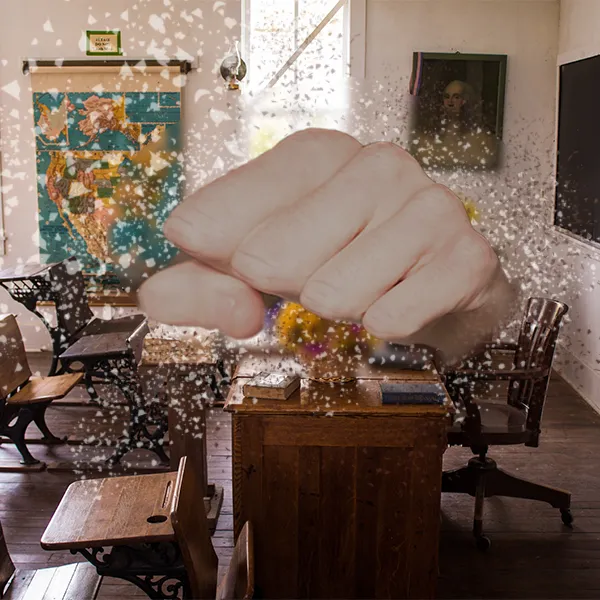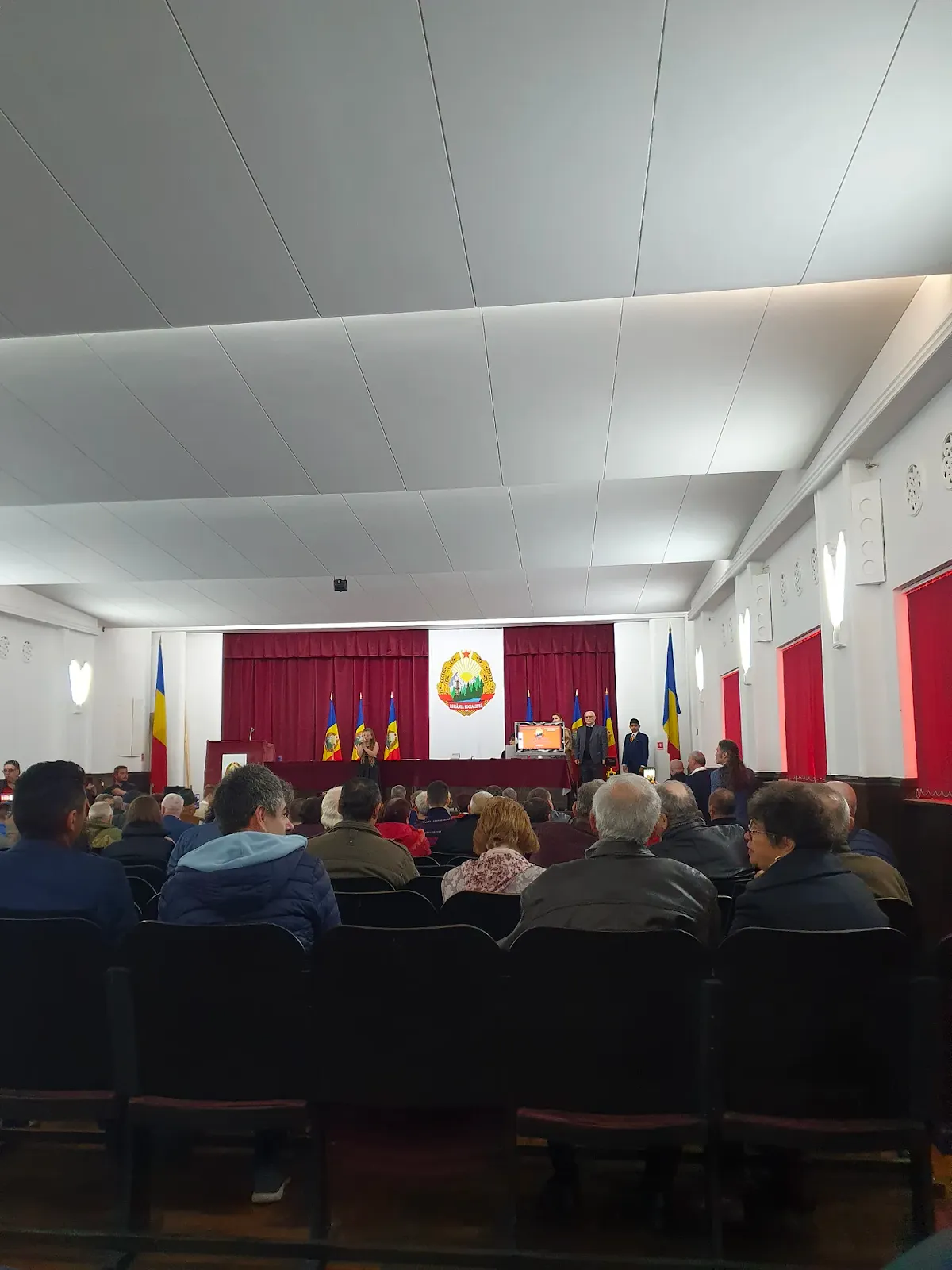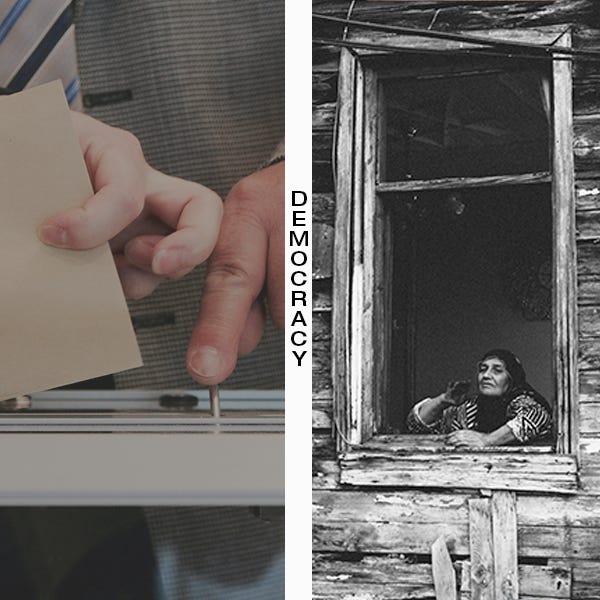In Romania, social tensions are rising after the centre-right government of Florin Cîţu began cutting social benefits. Trade unions of health workers, public sector workers, police and other professions have been protesting for more than a month in various forms against Cîţu’s cabinet efforts to cut some of the gains made during the Social Democratic rule (which ended in 2019). The news from the middle of February is that Romania’s Social and Economic Council (which includes employers, trade unions and NGO members) has given a negative opinion on the country’s draft budget. On February 20, 2021 (Saturday), the Students’ Union protested against the abolition of free travel cards for students on Romanian state railways.
Last week, the government also submitted to parliament a bill to remove the special section for investigating violations of the judiciary, which has served as a brake on anti-corruption activities since its golden days, when the anti-corruption prosecutor’s office (the DNA) was headed by Laura Köveşi. The special section was set up while Romanian politics was dominated by Liviu Dragnea, an influential baron of the Social Democratic Party, whose desire to redefine Romania’s fight against corruption led to protests by hundreds of thousands of middle-class and corporate Romanians in 2017-2018. Immediately after the European elections in May 2019, Liviu Dragnea went to prison, and Romanian politics has since gradually moved under the domination of right-wing forces.
To learn more about the changes that the Cîţu government has brought to Romania since its formation in December 2020, we contacted political scientist Aurelian Giugăl.
Dr Giugăl is a university lecturer at the Faculty of Journalism and Communication Sciences at the University of Bucharest. He has done research (electoral research and electoral geography) at the Faculty of Geography, University of Bristol. Recently, he has been a contributor to the Romanian media publications, Cultura and Libertatea. He has also written extensively for the Barricade in its three different language editions.
Mr. Giugăl, the PSD ruled Romania for many years and we kept hearing how “new people” must come and remove the PSD from power, while it was making some financial gestures to the population to support its social influence. But now we have another situation in Romania. A right-wing government is governing with the participation of the PNL party (the party from which President Klaus Iohannis also comes), the party of ethnic Hungarians (UDMR) and the alliance of young people and technocrats from Romania (USR-Plus). What did the Cîţu government do and change in the first two months of government?
Yes, that’s the right question. What makes the right-right government different (and not the left-right government, as many define the PSD) in the context in which they have a majority in parliament, which is not comfortable, but exists? This government is diligently pursuing neoliberal ideas.
With regard to the construction of the new budget, certain lines of flight must give a clear and precise direction to the new government. What is happening?
Holiday vouchers are being removed from the public system. They fueled domestic tourism and were a support element for the middle class and small and medium enterprises (SMEs). Overnight these hundreds of millions of lei that came via these vouchers as a form of support disappeared from the Romanian landscape.
Secondly, students no longer receive free travel on the Romanian state railways (CFR). Previously, the CFR benefited from these free passes because through them certain problems in the railway system were resolved.
So austerity is clearly coming. Wages in the public system have been frozen. There will be no more increases, not even inflation adjustments. Similarly, the increase in child allowances has been frozen. The increase in allowances is being delayed, even though there is a law, promulgated by President Iohannis, which clearly stipulates that child allowances must be doubled.
We come to the construction of the budget. There has been talk of health reform and reform in education. There is a programme for education, initiated by President Iohannis. But the education budget is at an all-time low. It does not even reach 3% of GDP. The research budget has a derisory value – 0.18% of GDP for research, 2.5% of GDP for education. The trend towards 6% of GDP, which is stipulated by law, remains far away. There are decreases in the health system for the second consecutive year.
The coronavirus pandemic is further weakening the health system. There are figures in the medical system area that indicate that there are urgent problems. Only 46% of the country’s population has access to medical consultations, 54% to a family doctor, 17% of the country’s citizens have access to a specialist doctor and only 5% can be hospitalized. These are statistical data, including those provided by the European institutions. Moreover, we have among the fewest doctors and the fewest nurses per thousand inhabitants in the EU. There are so-called medical deserts appearing on Romanian territory, which are not covered even by medical offices, or preventive care outpatient clinics, etc.
And then? Where is the much-claimed reform that right-wing parties are demanding? Is it in the area of investments in the economy? The investment system in the economy is really growing, but in the end we will see what the result is, what the short and medium term consequences will be.
For now, what the government is offering is a lot of austerity. The figures in this government speech come to reinforce what the politicians currently in power have been imagining for a long time. The privatization of public systems is promoted. Politics becomes subordinated to the economy, and the economy becomes depoliticized.
Recently, Romania has witnessed several fires in public hospitals. At the same time, the coronavirus crisis continues. What is the government’s attitude towards the medical system and health as a sector?
If we look at the budget, at the construction of the budget for 2021, we see that there are decreases in health compared to 2020 and 2019 and the figures are very clear. Despite sophisticated calculations made by some analysts, in 2021 the draft budget provides for a decrease of over 11% compared to 2020, and in 2020 there was a decrease of 24% compared to the budget for 2019. An underfunded system continues anyway to be underfunded.
This means nothing more than an attempt to discredit the public medical system. Of course, the government can say that better managed money and the lack of cash flows through some companies that exist around the medical system could increase financial efficiency. But it is not enough. Even if corruption were zero, which in itself is a utopia, the public medical system must be strengthened, not diminished as in the current vision of austerity. Education is at a historic minimum, and even though the president has a reform plan, we can see that education is as poorly funded as health. If public systems are underfunded, how can we believe that it will be anything other than an attempt to discredit the effectiveness of the state medical and education systems?
The government aims to restart the anti-corruption fight that was known beyond Romania’s borders until 2018. How possible is it to be restarted? Is it currently wanted by Romanian society?
There are two segments to dissect. On the one hand, the fight against corruption has an idyllic dimension. People want those in political systems to have the most ethical value possible. It is normal for the people to expect effectiveness from the public system.
The second issue comes from the political instrumentalization of corruption. The anti-corruption during Băsescu’s mandates did not at all resemble that from Ponta’s time. There were ups and downs. In the last year and a half, the mechanisms that predict the presence of the DNA in the public space have diminished.
In my opinion, anti-corruption will act within narrow parameters. It will probably serve to shift the focus from other important societal issues. But at the level at which certain anti-corruption cases have been instrumentalized, I don’t think it will happen again: we will notice in the end a flattening of this fight. Now even the USR [the Save Romania Union], which is part of the government, is practising a sweeter discourse. We can compare them with their words from the time when some of Dragnea’s businesses were put under the DNA spotlight. When corruption comes from political opponents it is miraculous. When it catches up with us, it is a hidden mechanism. I think the current government is not so interested in restarting anti-corruption. The practice of power dulls the zeal for justice.
Recently, two people close to former President Băsescu were accused. In Bulgaria, Băsescu is presented as a great visionary who put anti-corruption on its feet with his own hands. It is probably surprising to know that Băsescu’s brother had problems with anti-corruption, Băsescu was under criminal investigation at one point, and now we see that those close to him have been / are being charged. How do you explain these developments? How does the man who founded anti-corruption become persecuted?
If we refer to these files, they are older. The reactions of the former president who always built his political capital in the area of anti-corruption (see the slogan from 2004: “Burn the corrupt!”) illustrate very well what I said above. Again, it should be noted that anti-corruption has always been good only when one’s political opponents are being accused. When anti-corruption reaches us from behind, it is no longer seen as an independent force, but as a political lynching. There is nothing new here – it has all happened before…
Bulgakov’s story, “Fatal Eggs” is illustrative: a distracted professor incubates some snake eggs, which at some point hatch and the monsters from these fatal eggs swallow the professor himself. No one thought that anti-corruption could work in the opposite direction.
It seems that everywhere in politics it was just a speech. I don’t know the mechanisms of the DNA. But what we notice is that politics has always looked at anti-corruption as a tool of political struggle.
Photo: Aurelian Giugăl holds a lecture (source: YouTube)
The Barricade is an independent platform, which is supported financially by its readers. If you have enjoyed reading this article, support The Barricade’s existence! See how you can help – here! Also, you can subscribe to our Patreon page.
The Barricade also has a booming Telegram channel, a Twitter account and a YouTube channel, where all the podcasts are hosted.
Warning: Undefined array key "layout_mood" in /home/klient.dhosting.pl/bcdmedia/thebarricade.online/public_html/wp-content/themes/viewtube/header.php on line 116










